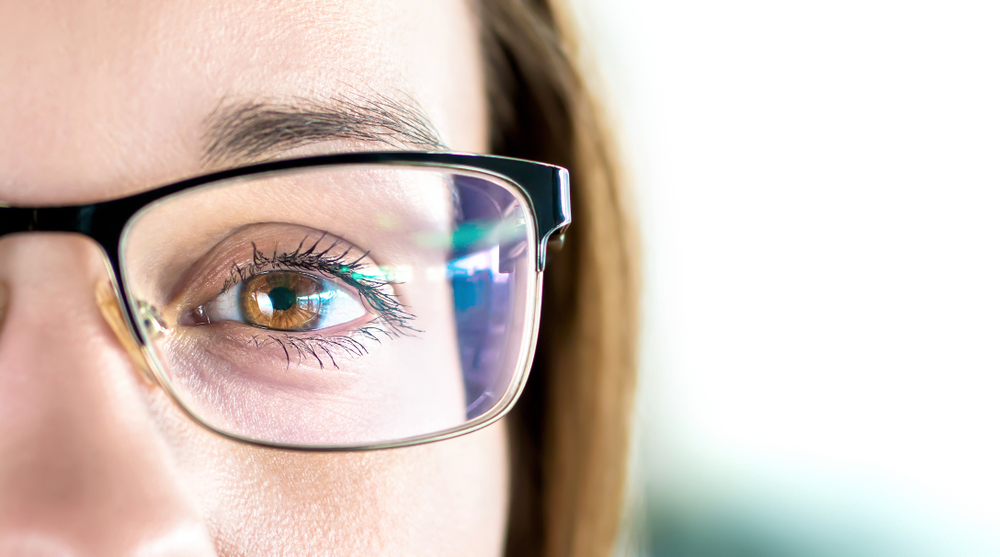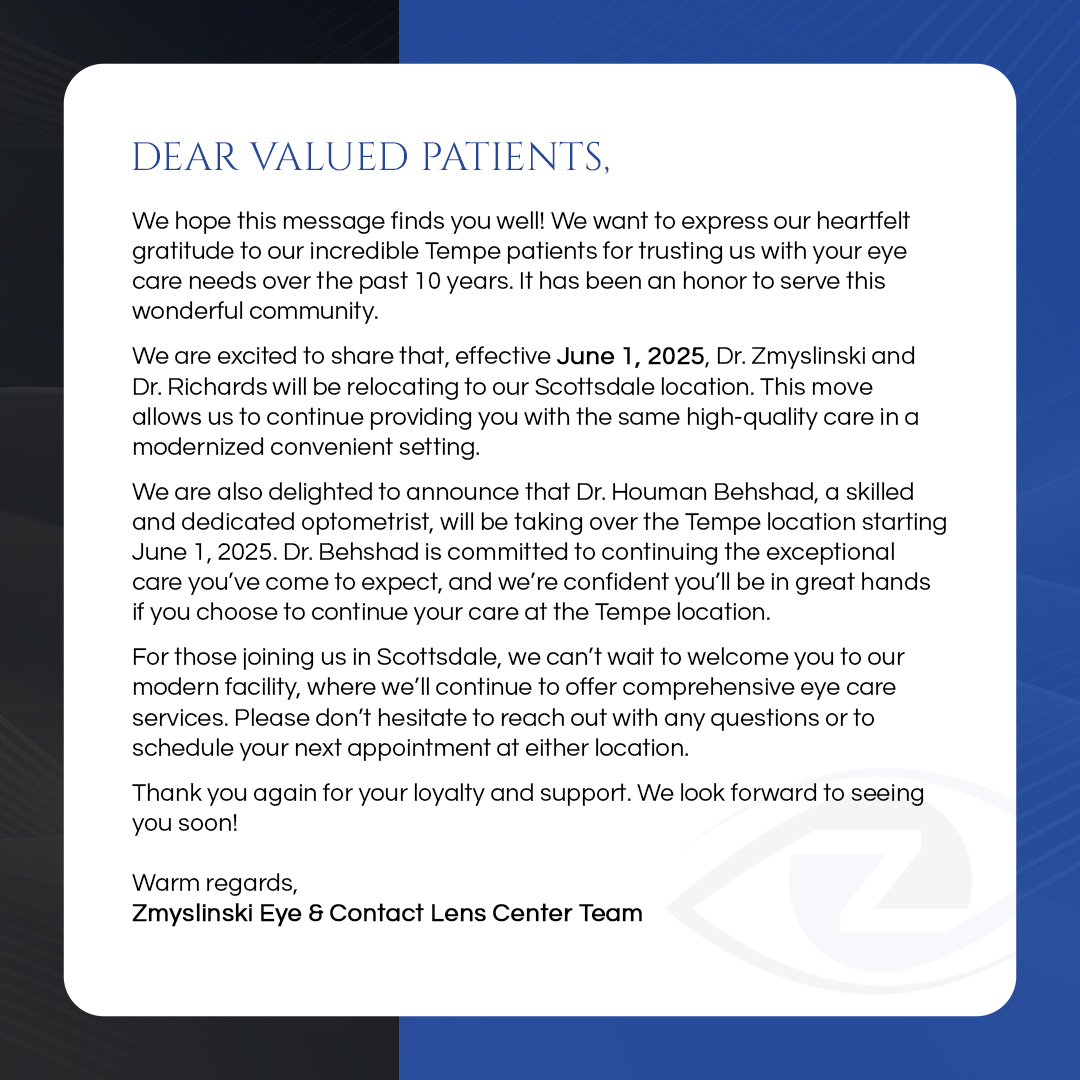
Myopia, also known as nearsightedness, is a growing concern for eye health worldwide. As more children and young adults are diagnosed with myopia each year, eye care professionals are increasingly focused on strategies to slow its progression and protect long-term vision. But how exactly does myopia management make a difference for your eyes in the years to come?
Understanding Myopia and Its Risks
Myopia occurs when the eye grows too long from front to back, causing light to focus in front of the retina rather than directly on it. This makes distant objects appear blurry, while close-up vision remains clear. While glasses and contact lenses can correct the blurry vision, they don’t address the underlying issue - the elongation of the eyeball.
If myopia continues to worsen, especially during childhood and teenage years, it can lead to higher prescriptions. High myopia is associated with a greater risk of serious eye diseases later in life, including retinal detachment, glaucoma, cataracts, and myopic macular degeneration.
What Is Myopia Control?
Myopia control refers to a range of specialized treatments designed to slow the progression of nearsightedness. Unlike standard corrective lenses, these approaches target the biological process that causes myopia to worsen over time.
Common myopia management options include:
- Orthokeratology (Ortho-K) Lenses: Specially designed contact lenses worn overnight to gently reshape the cornea and provide clear vision during the day.
- Soft Multifocal Contact Lenses: These lenses not only correct vision but also help slow myopia progression by focusing light in a way that reduces eye growth stimulus.
- Atropine Eye Drops: Low-dose atropine drops can slow down the progression of myopia in children.
- Lifestyle Recommendations: Increasing time outdoors and reducing prolonged close-up activities (like screen time) can also help protect vision.
How Myopia Management Preserves Long-Term Eye Health
The main goal of myopia management is to reduce how quickly nearsightedness progresses, especially during the critical growing years. Here’s why this matters for lifelong eye health:
- Lower Risk of Serious Eye Diseases: Every step taken to limit the lengthening of the eye reduces the risk of complications like retinal detachment, glaucoma, and myopic macular degeneration in adulthood.
- Better Quality of Vision: Managing myopia progression can result in lower prescriptions, which often means clearer vision and less dependence on thick corrective lenses.
- Improved Eye Comfort: Children and adults with managed myopia may experience less eye strain, dryness, and headaches compared to those whose myopia progresses unchecked.
- Protection for the Future: Early intervention means healthier eyes for years to come, preserving vision and overall eye function as you age.
When Should Myopia Management Start?
Early intervention is key. Myopia often begins in childhood and progresses rapidly during school years. The sooner management strategies are started, the greater the impact they can have in protecting your child’s long-term eye health.
Regular pediatric eye exams are essential to detect myopia early and monitor changes in vision. These comprehensive exams allow your eye doctor to recommend appropriate management options at the right time, giving your child the best chance for healthy eyes now and in the future.
Take Action for Lifelong Healthy Eyes at Zmyslinski Eye & Contact Lens Center
Protecting your child’s vision goes beyond simply correcting blurry eyesight. By combining regular pediatric eye exams with proactive myopia management, you can significantly reduce the risks of long-term eye complications and support lifelong healthy vision.
If you’re child is experiencing symptoms of nearsightedness, schedule a pediatric eye exam at Zmyslinski Eye & Contact Lens Center and learn more about personalized myopia control solutions. Visit our office in Scottsdale, Arizona, or call (480) 945-9971 to book an appointment today.









